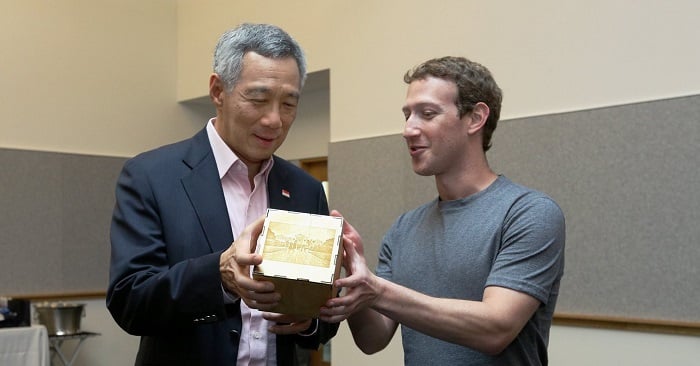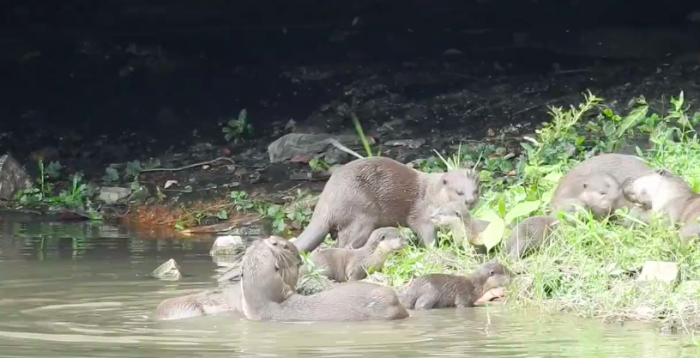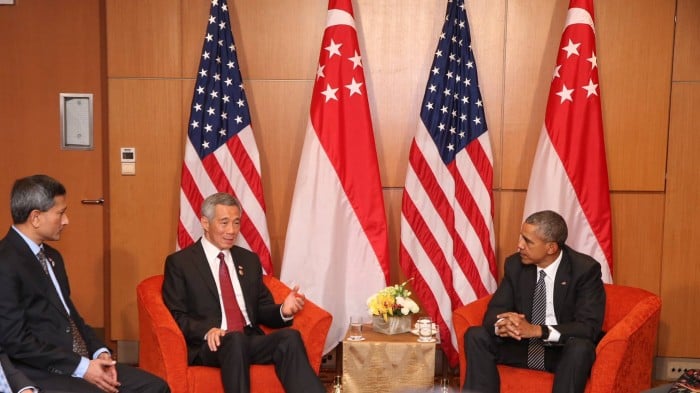Here’s a social campaign to teach dialects, this time supported by the G’ovt
From 1979, Singapore had a Speak Mandarin campaign — in line with the bilingual policy — to improve communication between the dialect groups and take up Mandarin in place of their dialects.
Chinese dialects such as Hokkien, Cantonese, and Teochew were eschewed for Mandarin, in an effort to unite the Chinese community in Singapore.
As a indirect or direct result of this campaign, there was a decrease in the number of predominantly dialect speaking households.
In 2014, Society of Social Work Students from National University Singapore (NUS) launched an initiative to teach dialect classes to social work students. However, this activity was not government-backed and came and went with little attention.
36 years after the Speak Mandarin Movement, My Father Tongue, a social campaign to “revitalise the use of dialects [Hokkien, Teochew and Cantonese] amongst Singaporean youths”, was launched.
This time, with the backing of the National Youth Council (NYC) and People’s Association, My Father Tongue wants Singaporeans to rediscover the magic of forgotten dialects.
So we’re learning dialects again?
My Father Tongue comes in three parts: online learning, offline learning through classes, and an application of knowledge via a final event.
The social campaign was founded by three final year students from the Nanyang Technological University’s Wee Kim Wee School of Communications.
The entire campaign for learning dialects is funded by the National Youth Council (Young ChangeMakers Grant) Singapore Heritage Board, and sponsored by the People’s Association.
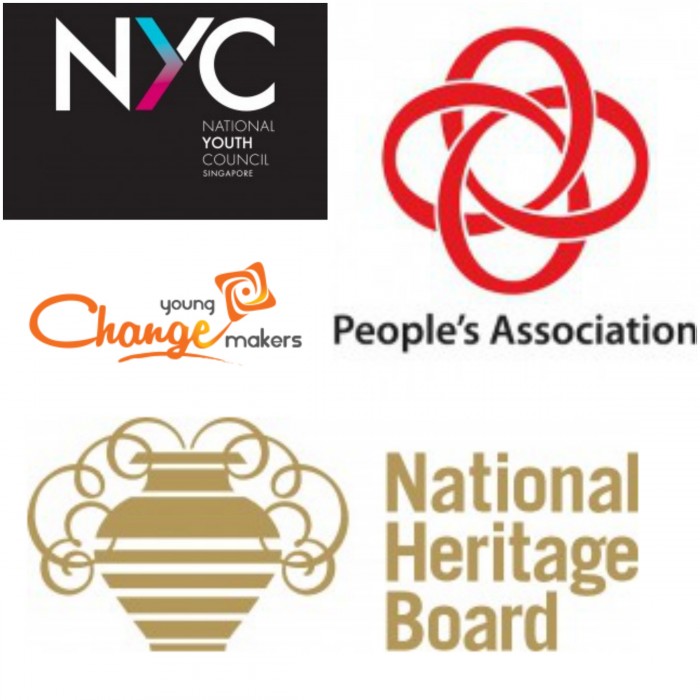
Source
Even our selfie king Baey Yam Keng, Minister of Parliament (MP), is supporting this movement.
With the support of NYC and at least one MP, it seems that the Government might be (subtly) putting some weight behind the use of dialects, at least in everyday situations.
Aims of My Father Tongue
My Father Tongue’s website stated:
Dialects form an integral part of the nation’s fabric and they help connect us with the pioneer generation and their roots, our own roots and culture as well as people from around the world who speak the same dialect. However, dialects have undoubtedly lost their significance in our society as more youths today are unable to speak them.
The objectives of this social campaign is to:
- To facilitate better communication between the pioneer generation and the youth as older people usually converse in dialect.
- Culture preservation by connecting the youth back to their culture and roots via their dialect
Perhaps the reason for this timely campaign might be also due to Chinese New Year, thus learning dialects would make youths communicate better with their Grandparents during visits.
Lessons are slated to take place at Changi-Simei Community Club, Chinatown Heritage Club, Kampong Glam Community Club, and Nee Soon East Community Club.
Interesting online learning tools
My Father Tongue’s website features survival kits which teaches basic phases of Hokkien, Teochew, and Cantonese.
Apart from the fact that the “pinyin” is pretty hard to follow and read, there is also audio to facilitate learning.
Thus, the kit nonetheless serves as a great guide to beginners.
For example, the Cantonese kit does not feature tonality in the phases provided, however features an audio button for those who prefer to listen.
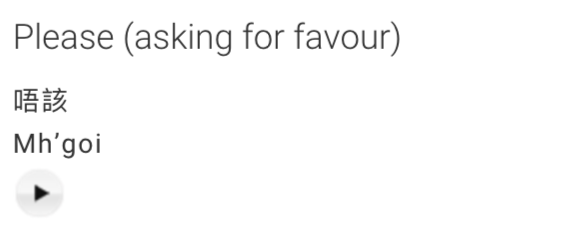
Source
Dialects: revival?
Speaking dialects have been on the decline ever since the government placed less importance on them.
However, this government-supported campaign seeks to undo the damage done as the campaign recognises the traditional value of dialects.
Dialects are important after all.
Trying out that kit would be a good start.
Like this post and MustShareNews’ Facebook page to keep up with our posts!
Talk to us! Send in your story suggestions or comments to hello@mustsharenews.com
Featured image via My Father Tongue





